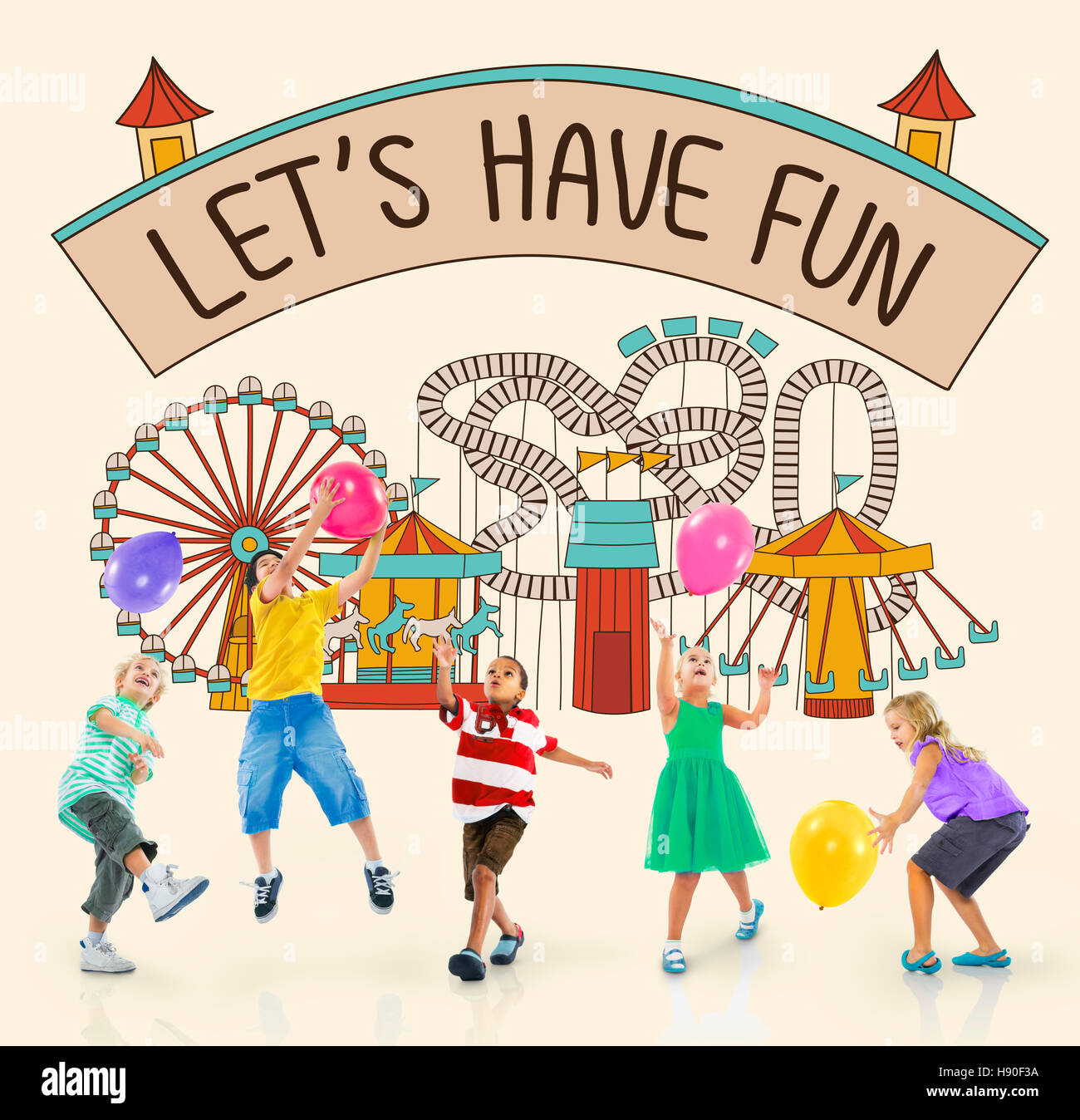
Fun Ways to Talk About Retirement: Shifting the Conversation from "End" to "New Beginning"
Retirement. The very word can conjure up a mixed bag of emotions – excitement, anticipation, perhaps a touch of anxiety, and for some, even a hint of dread. For years, it’s been portrayed as the finish line, the period of life where work ceases, and leisure takes over. However, this traditional view is rapidly evolving. Today, retirement is increasingly seen as a new chapter, ripe with opportunities for exploration, personal growth, and reinvention.
But how do we talk about this significant life transition in a way that’s positive, engaging, and inspiring? How can we move beyond the tired clichés and foster conversations that truly reflect the potential and possibilities that retirement holds? Here are some fun and innovative ways to approach the retirement conversation:
1. The "Dream Board" Brainstorm:
- The Idea: Instead of focusing on the financial aspects right away, start with dreams. Gather magazines, art supplies, and a group of friends or family members. Create a visual representation of your ideal retirement life. What activities are you doing? Where are you living or traveling? Who are you spending time with?
- The Benefit: This exercise sparks creativity and encourages you to think beyond the constraints of your current routine. It can uncover passions you’ve long forgotten or inspire new interests you never knew you had. It also makes the conversation more personal and less about numbers.
- Conversation Starter: "If you could do anything, absolutely anything, in retirement, what would it be? Let’s find an image that represents that."
2. "Retirement Bingo":
- The Idea: Create bingo cards with squares featuring retirement-related activities, goals, or aspirations. Examples: "Learn a new language," "Volunteer at a local charity," "Travel to a new continent," "Start a garden," "Write a book," "Spend more time with grandchildren."
- The Benefit: It’s a lighthearted way to explore a wide range of retirement possibilities. As you mark off squares, you can share stories, experiences, or ideas related to each activity. It’s a fun way to learn what others are interested in and discover shared passions.
- Conversation Starter: "Okay, who’s already crossed off ‘Learn to play a musical instrument’? Tell me about it!"
3. The "Reverse Bucket List":
- The Idea: Instead of listing things you want to do before you "kick the bucket," focus on things you don’t want to do in retirement. What habits, routines, or obligations are you eager to leave behind?
- The Benefit: This exercise can be surprisingly liberating. It helps you identify areas where you want to make a change and create space for new experiences. It can also be a humorous way to acknowledge the challenges of aging and the importance of prioritizing your well-being.
- Conversation Starter: "What’s one thing you’re absolutely done with by the time you retire? Something you’re happy to leave in the past?"
4. "Retirement Role Models":
- The Idea: Identify people you admire who are already retired and living fulfilling lives. What are they doing that inspires you? How have they adapted to this new phase of life?
- The Benefit: Learning from others’ experiences can be incredibly valuable. It provides practical advice, real-world examples, and a sense of hope and possibility. It also allows you to discuss different approaches to retirement and find what resonates with you.
- Conversation Starter: "Who do you know who’s retired and seems to be having a blast? What’s their secret?"
5. "The ‘If Money Were No Object’ Scenario":
- The Idea: Pretend that financial constraints are not an issue. What would your ideal retirement day look like? Where would you live? What would you spend your time doing?
- The Benefit: This exercise helps you tap into your deepest desires and aspirations. It allows you to imagine a life without limits and identify what truly matters to you. While money is certainly a factor in retirement planning, this exercise can help you prioritize your values and goals.
- Conversation Starter: "If you had unlimited resources, what’s the first thing you’d do in retirement?"
6. "The ‘Skills Inventory’ Challenge":
- The Idea: Make a list of all the skills, talents, and experiences you’ve acquired throughout your life. How can you use these skills in retirement? Could you teach a class, volunteer your time, start a small business, or mentor others?
- The Benefit: Retirement doesn’t mean your skills become obsolete. This exercise helps you recognize your value and identify ways to continue contributing to society. It can also lead to new opportunities for learning, growth, and connection.
- Conversation Starter: "What’s one skill you have that you’d love to share with others in retirement?"
7. "The ‘Letter to Your Future Self’ Project":
- The Idea: Write a letter to yourself as you’ll be in retirement. What advice would you give your future self? What goals do you hope to have achieved? What challenges do you anticipate?
- The Benefit: This exercise encourages self-reflection and helps you clarify your vision for retirement. It can also serve as a reminder of your priorities and motivations as you navigate this new chapter of life.
- Conversation Starter: "What’s one piece of wisdom you’d want to pass on to your future retired self?"
8. "The ‘Retirement Movie Night’":
- The Idea: Watch movies or documentaries that explore themes of aging, retirement, or reinvention. Discuss the characters, their experiences, and the lessons they learn.
- The Benefit: It provides a shared experience and a springboard for conversation. It can also expose you to different perspectives on retirement and inspire you to think outside the box.
- Conversation Starter: "What did you think of the way the main character approached retirement? Did it resonate with you?"
9. "The ‘Retirement Playlist’":
- The Idea: Create a playlist of songs that evoke feelings of freedom, adventure, joy, and possibility. Share your playlist with others and discuss the meaning behind each song.
- The Benefit: Music can be a powerful way to connect with emotions and memories. It can also create a positive and uplifting atmosphere for discussing retirement.
- Conversation Starter: "What’s one song that always puts you in the mood to celebrate new beginnings?"
10. "The ‘Mock Retirement Day’":
- The Idea: Plan a day where you simulate what your ideal retirement day might look like. Try out new activities, visit new places, and spend time with people you enjoy.
- The Benefit: It provides a taste of what retirement could be like and helps you identify what you truly enjoy. It can also reveal any potential challenges or adjustments you need to make.
- Conversation Starter: "What did you learn from our ‘mock retirement day’? What would you do differently?"
The Importance of Open and Honest Communication
While these fun activities can help break the ice, it’s also essential to have open and honest conversations about the practical aspects of retirement, such as finances, healthcare, and housing. However, by starting with the positive and focusing on the possibilities, you can create a more supportive and engaging environment for discussing these important topics.
Retirement is not an ending; it’s a beginning. By embracing creativity, curiosity, and a willingness to explore new horizons, we can transform the conversation around retirement and create a future filled with purpose, joy, and fulfillment.



